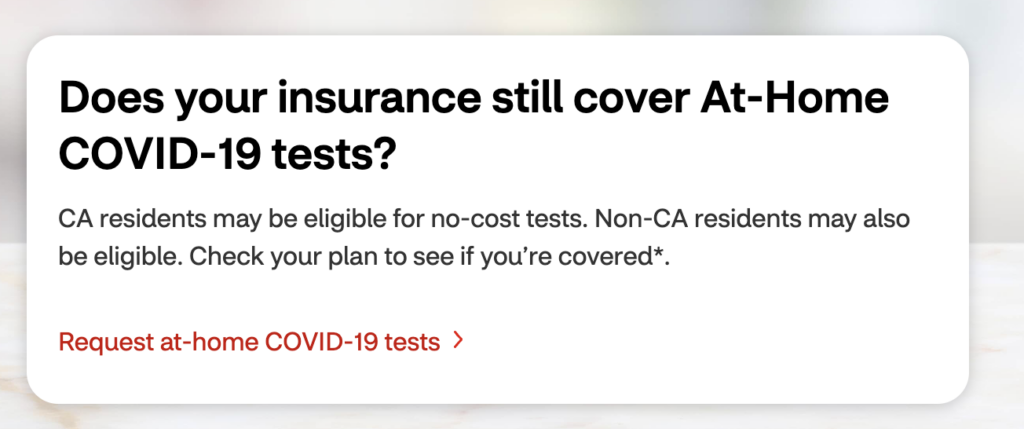Insurance Companies Most Recent Move Shows They Will Be Quick to Drop Coverage
In March, District Judge Reed O’Connor in Braidwood Management v. Becerra struck down a provision of the Affordable Care Act (ACA) that requires insurers to cover lifesaving preventive services without cost sharing. Judge O’Connor applied his order to every company nationwide, refusing to limit it to the two companies and six individuals that are the plaintiffs that brought the case. The US Court of Appeals for the Fifth Circuit is holding a hearing June 6 to decide if the ACA’s protections should stay in place for everyone other than the plaintiffs while the case works its way through the courts. The plaintiffs have argued that a stay is unnecessary because insurance companies are very unlikely to not drop cost-free coverage. In reality, insurance companies have a proven record of moving quickly to cut costs at the expense of patients.
Just last month, the requirement for insurance companies to cover at home COVID-19 tests ended, and insurers have already started removing this coverage. Some Blue Cross affiliates, including CareFirst and Blue Cross Blue Shield of Massachusetts, have informed customers that they “will no longer reimburse members for tests purchased on or after May 12, 2023.” And customers looking for guidance from CVS, one of the nation’s largest retailers of COVID-19 tests, are being told that they must “check your plan to see if you’re covered” for reimbursement for tests. This has caused confusion to patients who don’t know if their plans will cover tests, and is the likely harbinger of more to come.
Without a stay in Braidwood, this type of action by insurers would be catastrophic for access to critical preventive services. Insurance companies would once again be able to charge patients for lifesaving care, like cancer screenings, anxiety and depression screenings for children and adults, screenings for hepatitis and other diseases, and access to critical medicines like statins and PrEP. Read more about what’s at risk in the case here.
Experts Warned Of A Confusing “Hodgepodge” Of Coverage For COVID Testing After The Expiration Of The Public Health Emergency. From 2021 to May 11, 2023 the federal government required all private insurers to cover up to eight at home COVID-19 tests per month. When that requirement ended on May 11, some private insurers opted to continue coverage, but there is no longer a nationwide rule. Christona Silcox of the Duke Margolis Center for Health Policy warned that, “What we will see is a hodgepodge of approaches by different insurance companies, which is going to make it difficult for individuals to know what they’re going to be paying.”
Details About What Plans Will Cover Are Scarce And Each Insurance Company Can Make Its Own Decisions About What To Cover And How Much Customers Will Have To Pay. After the expiration of the PHE, the federal government has encouraged insurers to continue coverage, but each company can ultimately make their own decision. On May 1 CNN reported that, “So far, details on those plans are scarce.” The Blue Cross Blue Shield Association told CNN that its coverage may include “reasonable limits” on tests. Aetna, Cigna, Humana and UnitedHealthcare did not provide any details on what their plans will or will not cover going forward. Some Blue Cross affiliates, including CareFirst and Blue Cross Blue Shield of Massachusetts have already informed customers that they “will no longer reimburse members for tests purchased on or after May 12, 2023.”
Major Retailers Refer Customers To “Check Your Plan” To See If Covid Tests Are Still Covered. Customers looking for guidance from CVS, one of the nation’s largest retailers of COVID-19 tests, are told that they must “check your plan to see if you’re covered” for reimbursement for tests.


